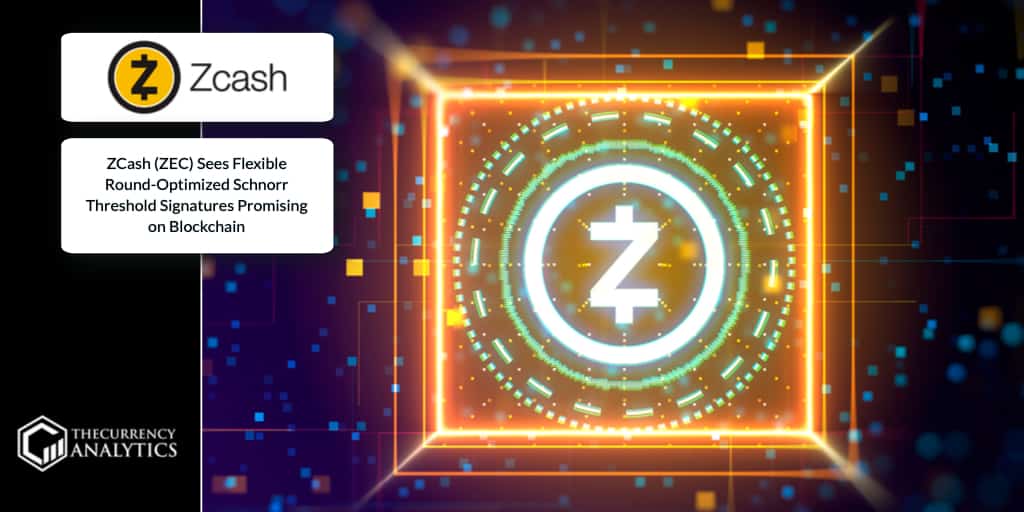
ZCash are progressive in their mission to improve the algorithms, which provide for a fair and open currency irrespective of their location or demographic.
ZCash Foundation retweeted: “We released an updated and final version of the FROST eprint, which includes updates from addressing SAC reviews. We also changed the signature format to an EdDSA-style format to match implementations used in practice.”
For clarity, about FROST when the signatures are taking part in a multiparty setting, there needs to be cooperation from specific numbers of signers who hold a share as their part in the common private key. When a signature has to be generated in this setting, there needs to be overhead numbers of members participating in the process. This can get to be costly in the process of involving the signers to coordinate to help the process through. When the signers are in unreliable networks, this can again be a problem.
FROST, was introduced to help deal with the process of bringing in the signers together. FROST, refers to a Flexible Round-Optimized Schnorr Threshold signature scheme. This reduces the network overhead regarding the numbers of signers who are a part of a common private key.
FROST improves Schnorr threshold signature protocols for safety and it can be used without limiting the concurrency of the signing process, while at the same time it permits true threshold signing.
FROST is a two-round protocol and signers will be able to send and receive two messages in total. These messages will be optimized to a single-round signing protocol in the pre-processing stage.
When a participant is misbehaving FROST aborts the process, thus achieving efficiency improvement. Also, the misbehaving participant in the process is identified and excluded from future operations. Thus, this is a reasonable model for practical deployment scenarios.
FROST has been proven to be a model providing for proof of security versus chosen-message attacks. This model ensures that the adversary is able to control on a fewer participants than the threshold signers.
Commenting, Sydney Ifergan, the crypto expert opined: “When the manipulator gets even smart, #ZCash (ZEC) will come up with something better than #FROST. They are forever improvising.”
Zooko recently pointed to how the cost to send a transaction or an encrypted message on Zcash was just reduced from 100 microZEC (less than 1¢) to 10 microZEC, which is less than a cent.
The Electric Coin Company is making It cheaper to transact on the Zcash network, and the reduction further enables “privacy-preserving applications that would benefit from the privacy, security, and programmable money aspects of the Zcash chain.”
Get the latest Crypto & Blockchain News in your inbox.